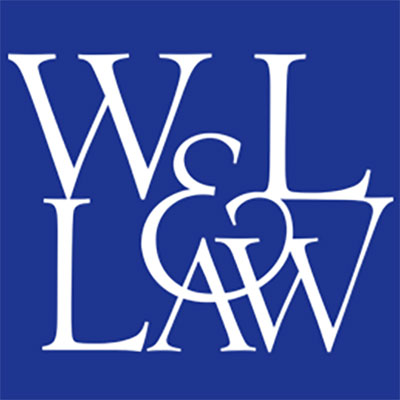About the Journal
The International Journal of Law, Language & Discourse (IJLLD) is an interdisciplinary and cross-cultural peer-reviewed scholarly journal, integrating academic areas of law, linguistics, discourse analysis, psychology and sociology, presenting articles related to discussion of the linguistic aspects of law and legal issues, challenges and theory in legal interpretation/translation, and comments and review of such matters as arise at the nexus of language, law, and discourse; serving as a practical resource for lawyers, judges, legislators, applied linguists, discourse analysts and those academics who teach the future legal generations alongside practitioners in relevant fields.
Current Issue

In this edition, prepared by Professor Ben Sheehy of Canberra University, Australia, The first paper penned by Professor Sheehy is entitled, Law, its Language, and its Social Constructed Reality. Sheehy argues. Noting precedent, that Law is a language and “…argues for a distinct conceptualization of law—law as a language. That language, however, is not a mere secondary, specialist professional vocabulary as linguistics or sociologists might see it. Law is a complete language system. Language is fundamentally about shaping a world—an individual and shared world,” and that “Law is most certainly and foundationally, a language, a linguistic system.” The professor notes, that like second language equation where eminent linguists that learning a language is not a matter of watching videos or practicing with an AI teacher, but requires far greater underpinnings at only a professional English language teacher can deliver, and so it is that “Law’s teachers need to be courageous against the tide of over-simplification that comes from the combined pressures of software sales people and university managements’ preferences for standardization. Legal researchers need to work with linguistic and language researchers to investigate how legal education can be improved using multidisciplinary approaches.
The second paper is by Zebisno “Zebo” Nasirova a PhD graduate in Law of the University of Canberra, Australia. Following on Prof. Sheehy’s paper, Nasirova “…embarks on a journey to dissect the multifaceted meanings of the word "constitution" in both the English and Uzbek languages, shedding light on how linguistic differences reflect diverse legal, political, and societal contexts.” As with any national constitution, the paper is not merely words in point order to be followed with out question and she notes the “…term "konstitutsiya" harbors a fluidity of meaning that is deeply rooted in the nation's history.” Nasirova gives the Uzbek constitution life and feeling. “The emotional weight carried by "konstitutsiya" highlights the deep connections between language and collective memory.” Embracing the underpinnings of Translanguaging, by booking at the wording and language of the constitution she notes, “These semantic nuances exemplify how a single word can carry vastly different meanings and emotions in different languages and cultures.” This carries intense implications for Law lecturers and those who teach languages.
The third paper is by Luther Lie who is an LLM graduate of Harvard Law School and from the Faculty of Law, University of Indonesia. Lie notes “… in the U.S., constitutional law constantly evolves, and the doctrine—particularly of the First Amendment—is far from straightforward. Like corporate law, the country’s constitutional law is one of the most innovative legal fields in the world.” Lie hits on the crux of the complexity of legal interpretation, legal language, noting “…It takes more than a language to understand the law. To understand the law of a country, however, requires one to first ‘speak’ the language. So, what does the law mean in a language?” This field is far from settled and Constitutional interpretation, no matter which country, cannot be to be settled, and in need of more intensive academic enquiry. What a ‘Supreme’ said/wrote in 1950, for example, may have vastly different meaning 100 years later, viz “…It takes more than a language to understand the law.”
In the fourth paper, “Cognition, Language, and Law: Introspective Reflections on How we Learn, Teach, and Understand Law Across Languages and Legal Systems” is by Dr Juan Diaz-Granados who holds a PhD in Law from the University of Canberra, Australia, LLM from Stetson Law School, USA and the LLB from Universidad Rosario, Colombia. Embellishing the concept of Sheehy (above) the author writes, “Law is inherently linked to language. There is no law without language –– in opposition to other human activities like painting, sculpture, and sports.” Law is a language and multi dimensional. “Importantly, law and its constructs have social, political, and economic dimensions. These dimensions increase the complexity of understanding law, generally, and domestic law, particularly.”
The final paper is by Ran YI, from theUniversity of New South Wales, Australia,
and Jilin International Studies University, China. Her paper reports on the interpretation of tag questions in virtual courtroom examinations. “Language is power. It is particularly relevant when it comes to triadic speech events with the power differential in face-to-face settings. As an important stylistic feature of the power differential, tag questions are strategically employed by opposing counsels in adversarial courtrooms. Yi’s study examined the transfer of power in the interpreter-mediated courtroom questioning. In particular, it dealt with tag questions tactically galvanised by opposing counsels during examination-in-chief and cross-examination of virtual courtrooms in remote interpreting settings.












